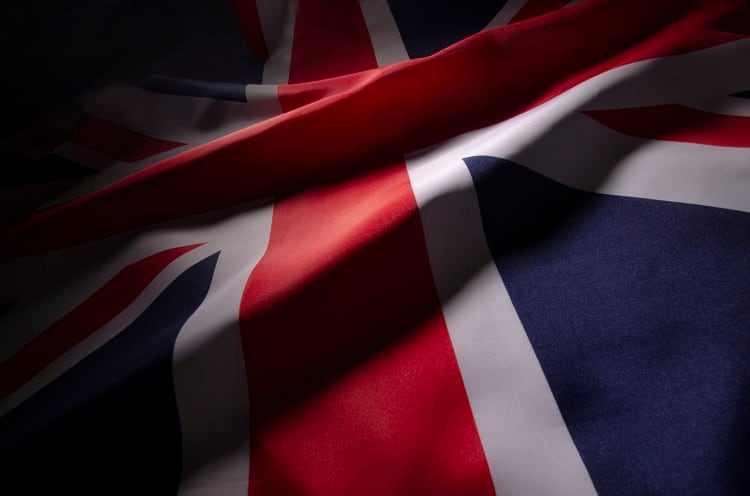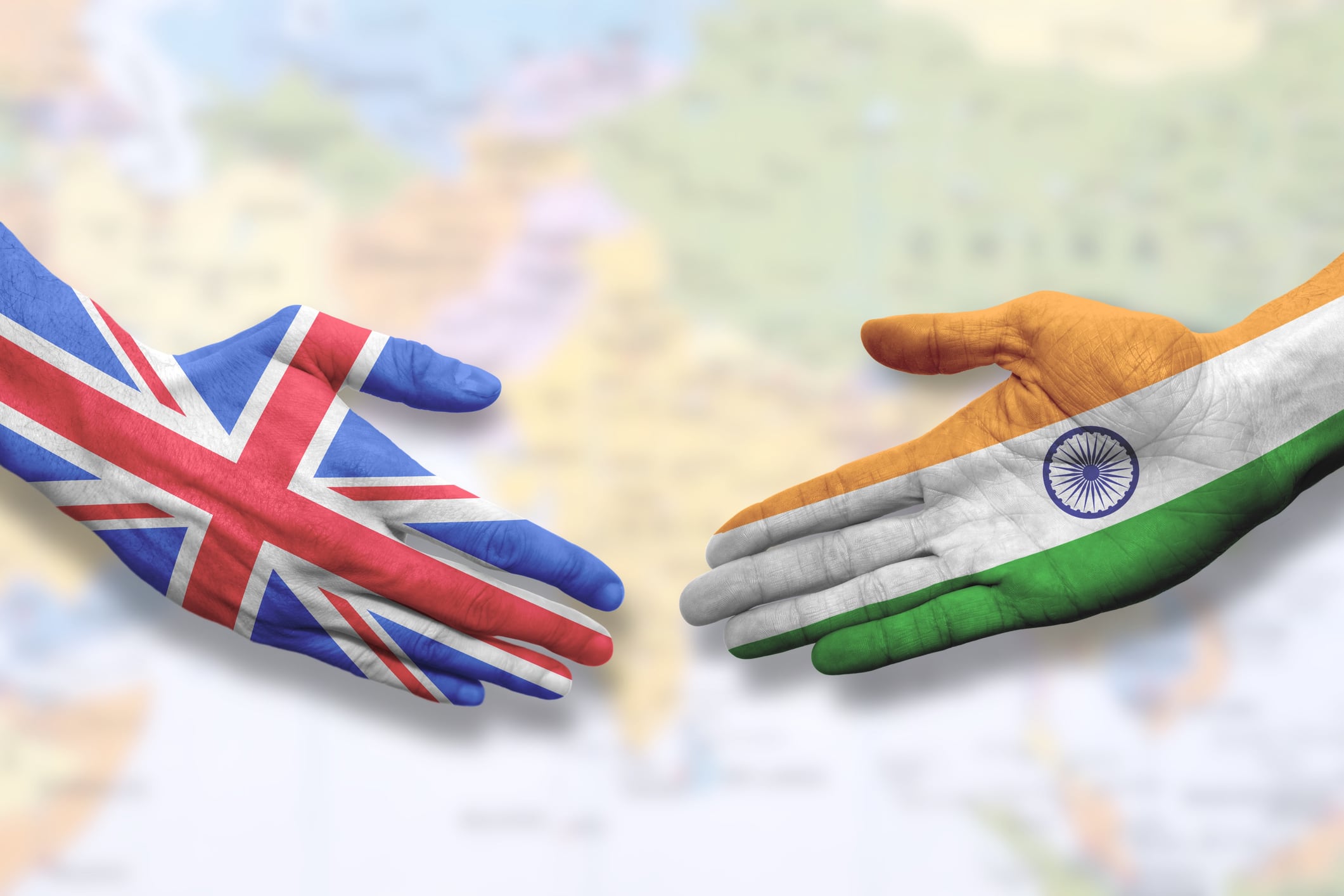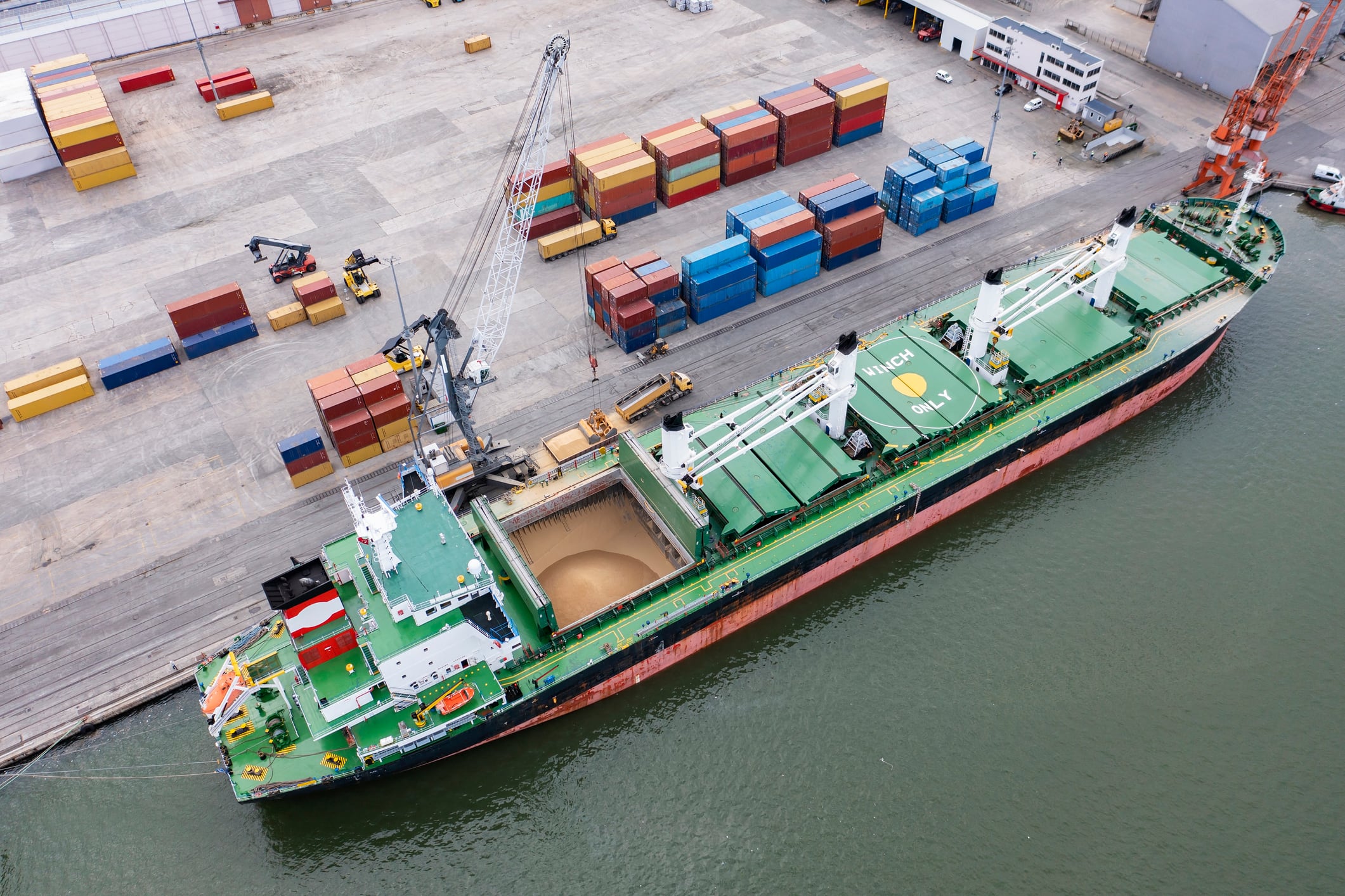Since the introduction of new tariffs on imported good into America, Made in Britain has seen a 20% increase in the number of companies applying to join the organisation.
Members of the organisation are permitted to use the ‘Made in Britain’ – or Made in Britain Northern Ireland – trademark on their products after they have proved that their products are produced in the country.
Made in Britain CEO john Pearce said there was a ‘clear correlation’ between the introduction of the US’s sweeping tariffs with businesses eager to showcase and celebrate their British-made products.
British values
“We currently have more than 2,155 members, but we take the time to vet each company that applies for membership to make sure that their products really are manufactured in the UK,” Pearce added. “We also make sure that they live up to British values of creating high-quality employment, sustainability and ethical business practices, making it a real mark of distinction.
“If there is one positive outcome of all of these trade tariffs, it’s that consumers, retailers and manufacturers are recognising the value of British-made products and that’s exactly what we, as an organisation, want to encourage.”
Research by Barclays Corporate Bank in 2021 found that consumers outside of the UK are willing to pay a premium for products that bore a Union Jack kite mark.
Populous, far-flung markets were the most prepared to pay extra for British goods. India lead the way, prepared to pay an 11.8% gross premium for products made here, followed by the United Arad Emirates (10.9%), the US (10.4%), South Africa (9.6%) and China (8.8%).
Higher premiums
British food and drink commanded some of the highest premiums, with Welsh lamb and Scottish shortbread sporting a 11.7% gross price premium.
James Binns, global head of trade and working capital at Barclays Corporate Banking, said: “As the UK enters a new era on the international stage, our research highlights that there is strong appetite for British-made products all over the world.
“These consumers perceive British goods to be higher quality and better value for money, demonstrating international respect for UK-made products. As a result, we think there is opportunity for UK manufacturers to develop profitable new markets while also growing their existing export flows.”





